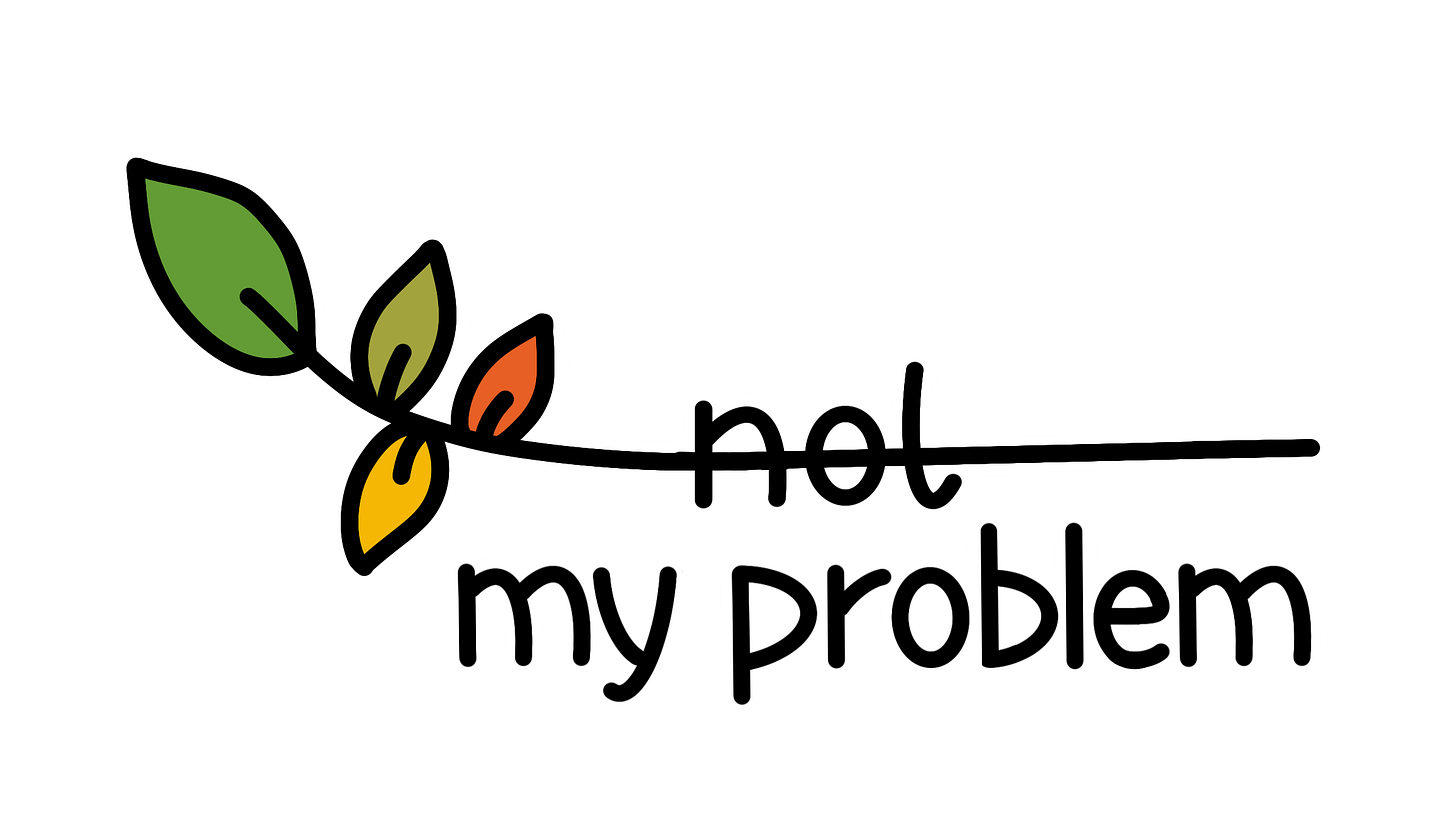🏗️ Turning Discarded Construction Debris into Public Furniture
Giving Construction Waste a Second Life
Today’s sustainable snapshot👇🏽
Turning Discarded Construction Debris into Public Furniture
Quiz Time!
Startup of the Week: Repair Rebels
5 Sustainable Brands That Are Upcycling Waste
News That Lifted My Spirits This Week
🏗️ Turning Discarded Construction Debris into Public Furniture
Let’s talk about construction waste — timber beams, concrete chunks, and other salvaged building elements. We are demolishing and building new buildings at a rapid pace, across most cities in the world. As a result, we generate a lot of construction waste. This waste mostly ends up in landfills and sits there for decades or even centuries.

The situation is no different in Stockholm, Sweden. But designer Nicholas Niemen has decided to give this waste a second life, through his project X-TRAKOJAN, which turns discarded construction debris into something beautiful, functional, and meaningful.
Nicholas started by gathering leftover materials from construction sites around Stockholm and assembling these fragments into a striking X-shaped structure
It allows locals and tourists to pause, sit, and connect with their surroundings at Stockholm’s port.
It’s a great example of how art, architecture, and sustainability can come together. These places are also a great conversation starter about how we build, discard, and reuse in our cities.



Something that cities around the world can take a cue from and create their own version of it. Have you seen something similar in your own city?
⌛ Time for the quiz of the week
Note: Answer at the end of the newsletter. No one (including me) can see your response, so feel free to vote. 😉
✨ Startup of the Week: Repair Rebels
Want to fix your clothes, shoes, or bags? This German startup has built a one-stop solution for that…
Fix, Don't Ditch…We live in a linear economy where it’s easy to buy new stuff, use it for sometime and discard it. And then completely forget about it. A more sustainable option is to get our stuff repaired, which increases its life, keeps it out of landfills, and prevents a new product from being manufactured.
Stitch In Time…But repairing isn’t convenient, especially when you compare it to buying new stuff. German startup Repair Rebels is solving this problem by combining tech with traditional craft people, such as tailors, cobblers, and leather workers, who have no digital presence.
Here’s how it works:
🛠️ Customers can book and pay for their repair online.
🛠️ They can then send their products to Repair Rebels.
🛠️ Products are repaired and sent back to them.
Making it convenient for customers while being:
🌝 Good for the planet.
👜 Good for their wallet.
💼 Good for the local economy.
Repair Rebels also works with brands and retailers who are passionate about sustainable fashion.
✅ 5 Sustainable Brands That Are Upcycling Waste
🇸🇬 WasteX: Helps farmers transform their agricultural waste into a valuable product.
🇳🇴 Wastefront: Converts worn-out tires to other useful products.
🇺🇸 Wastefuel: Transforms municipal solid waste into sustainable aviation fuel.
🇬🇧 Neverwaste: Converts waste cardboard into wooden-looking boards.
🇺🇸 Wasted: Makes recycled fertilizer from the nutrients in your pee instead of letting them go to waste.
😹 News That Lifted My Spirits This Week
🦭 Seal the Deal: The Netherlands' new Wadden Ecomare Centre has opened, replacing the 1971 Pieterburen facility. Led by Sander van Dijk, it treats 200 seals yearly, mostly separated "howler" pups and victims of debris or vessel collisions. The upgraded center houses 70 seals with 12 intensive-care units and uses natural seawater to improve fur health and accelerate wound healing.
🏡 "House Cooling" Effect: In British Columbia, nonprofit housing groups are revolutionizing affordable living by building climate-resilient homes that simultaneously address housing affordability and climate change impacts. With rents as low as $775 and carbon emission reductions up to 90%, these innovative projects provide protection from extreme weather while demonstrating how smart housing policy can serve as a blueprint for cities worldwide.
🌊 Bag Ban Bonanza: A recent study provides compelling evidence that plastic bag bans effectively reduce coastal litter. Researchers found that areas with plastic bag policies showed a 25-47% reduction in plastic bags as a percentage of total litter collected compared to areas without such regulations. Complete bans or fees proved more effective than partial bans, and statewide regulations outperformed local ones.
Give that 💚 a little tap if this edition helped you learn something new about sustainability and climate change. Have a good weekend, and see you next week :)







That picture of Dash and Mogu ❤️
this is a very simple yet effective way to reduce plastic use and plastic waste . We follow this at home , and in our society also waste collected in 2 large bags per tower with 50-60 houses per tower ....so in place of 900 plastic bags each day from all houses we end up using 40 bags for all of waste collection. We also encourage residents to compost their kitchen waste , which if done regularly further reduces the bags to 20 bags only plus only recyclable material goes out of society ....( This needs some work to become a totally zero waste , sustainable residential society eventually )